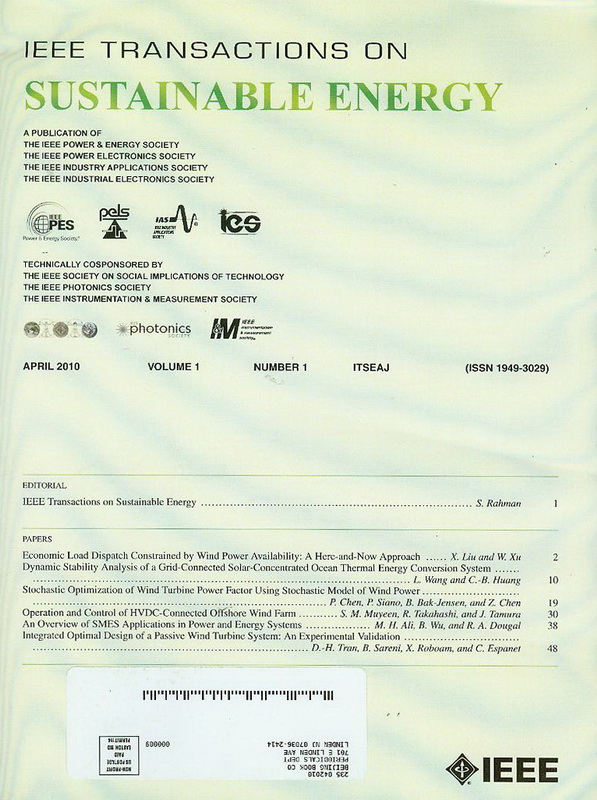配电系统分布式能源鲁棒调度的对抗约束学习
IF 10
1区 工程技术
Q1 ENERGY & FUELS
引用次数: 0
摘要
可再生能源和电力需求的可变性对配电网中的分布式能源(DERs)调度提出了重大挑战,因为它们经常引入可能导致潮流约束违规的不确定性。鲁棒优化(RO)是管理由这些不确定性引起的运营风险的有力工具。然而,解决鲁棒DER调度问题并非易事,因为非凸交流潮流约束阻碍了使用强对偶性来寻找确定性对应物。为此,本文提出了对抗约束学习,它可以为鲁棒调度问题提供线性代理。该方法首先设计一个基于梯度的对抗性攻击过程来识别最坏情况下的约束违规。一个“教师”模型被预先训练,以便在攻击过程中进行快速梯度计算。在老师的监督下,训练两个“学生”模型,从候选调度决策和名义运行条件(即可再生能源发电和电力需求)预测最坏情况。这些学生模型进一步被重新表述为等效的混合整数线性规划(MILP)形式,并作为原始鲁棒调度问题的计算效率替代品。各种工况和测试系统的仿真结果表明,该方法具有较好的可行性、较低的次优性和较高的在线计算效率。本文章由计算机程序翻译,如有差异,请以英文原文为准。
Adversarial Constraint Learning for Robust Dispatch of Distributed Energy Resources in Distribution Systems
The variability of renewables and power demands poses significant challenges for the dispatch of distributed energy resources (DERs) in distribution networks, as they often introduce uncertainties that may lead to power flow constraint violations. Robust optimization (RO) is a powerful tool for managing the operational risks caused by these uncertainties. However, solving robust DER dispatch problems is nontrivial since the non-convex AC power flow constraints prevent the use of strong duality to find deterministic counterparts. To this end, this paper proposes adversarial constraint learning that can provide linear surrogates for robust dispatch problems. This method begins by designing a gradient-based adversarial attack process to identify the worst-case constraint violations. A “teacher” model is trained in advance to enable rapid gradient calculations during this attack process. Under the teacher's supervision, two “student” models are then trained to predict the worst-case violation from candidate dispatch decisions and nominal operating conditions (i.e., renewable generation and power demands). These student models are further reformulated into equivalent mixed-integer linear programming (MILP) forms and serve as computationally efficient surrogates for the original robust dispatch problems. Simulations across various operating conditions and test systems demonstrate that our method can achieve desirable feasibility, low suboptimality, and high online computational efficiency.
求助全文
通过发布文献求助,成功后即可免费获取论文全文。
去求助
来源期刊

IEEE Transactions on Sustainable Energy
ENERGY & FUELS-ENGINEERING, ELECTRICAL & ELECTRONIC
CiteScore
21.40
自引率
5.70%
发文量
215
审稿时长
5 months
期刊介绍:
The IEEE Transactions on Sustainable Energy serves as a pivotal platform for sharing groundbreaking research findings on sustainable energy systems, with a focus on their seamless integration into power transmission and/or distribution grids. The journal showcases original research spanning the design, implementation, grid-integration, and control of sustainable energy technologies and systems. Additionally, the Transactions warmly welcomes manuscripts addressing the design, implementation, and evaluation of power systems influenced by sustainable energy systems and devices.
 求助内容:
求助内容: 应助结果提醒方式:
应助结果提醒方式:


